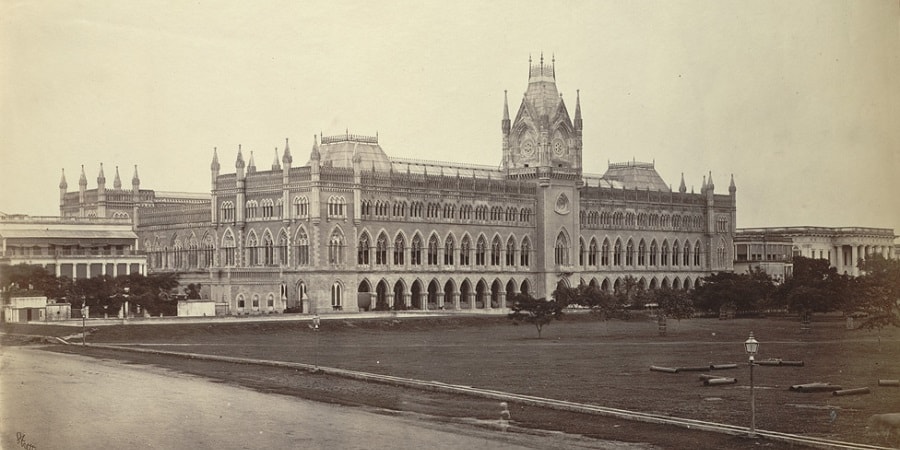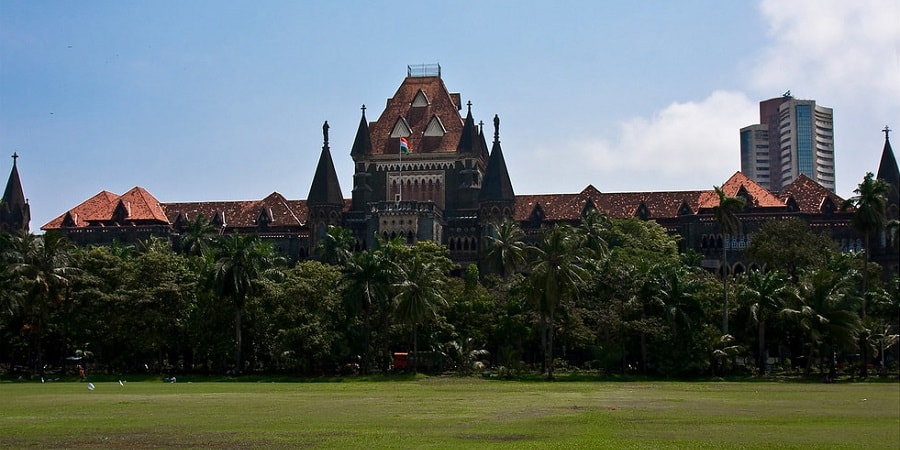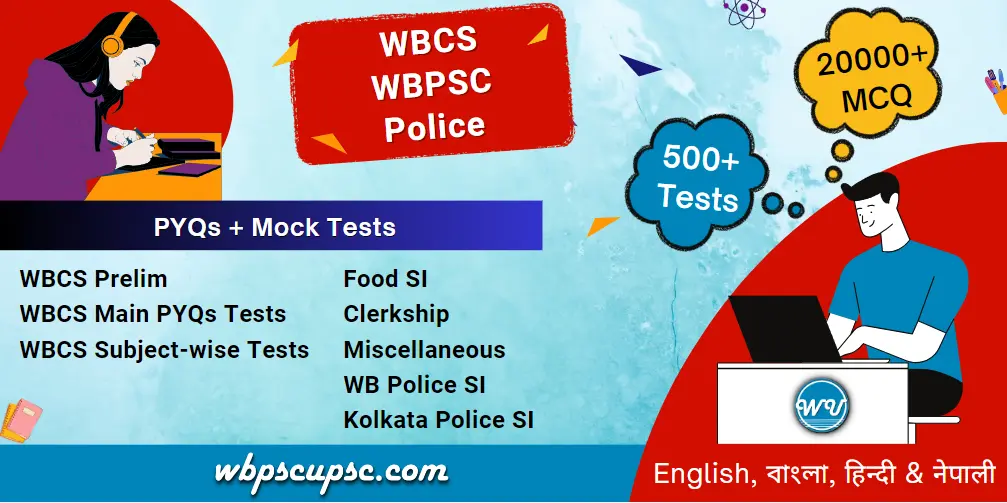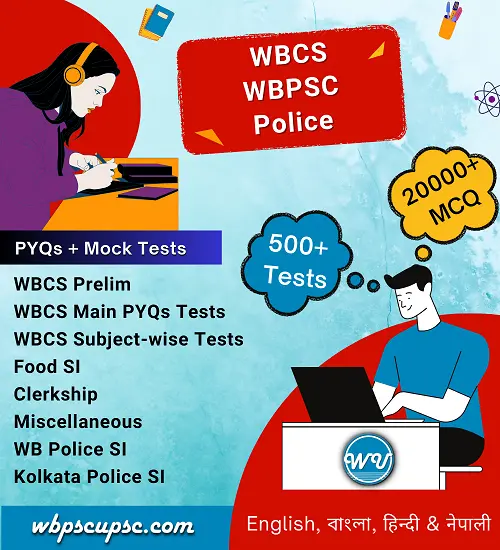March 22, 2019
High Court of India
Contents
>>>>>>>
- Article 214 to 231, Part VI
- High courts of India operates below the Supreme Court but above the subordinate courts.
- 1st high courts were set up in Calcutta, Bombay and Madras in 1862.
- In 1866, a 4th high court was established at Allahabad.
- Constitution of India provides for a high court for each state.
- 7th Amendment Act of 1956 authorized Parliament to establish a common high court for two or more states or union territory.
- At present, there are 25 high courts in the country (Andhra Pradesh 2019).
- 3 new High courts are Meghalaya, Manipur and Tripura.
- There are 4 common high courts.
- Delhi is the only union territory that has a high court since 1966.
>>>>>>

>>>>>>
Organization of High Court of India
- Consists of a chief justice and such other judges as the President may deem necessary to appoint.
- Constitution does not specify the strength of a high court
Judges of High Court of India
Appointment of Judges of High Court
- Judges of a high court of India are appointed by the President.
- Chief justice is appointed by the President after consultation with the CJI and the Governor of the state concerned.
- For appointment of other judges, the chief justice of the concerned high court is also consulted.
- Chief Justice of High Court and 4 Senior most judges form the collegium recommend the names to another collegium comprised of CJI and 2 senior most judges of Supreme Court.
Qualifications
- He should be a citizen of India.
- He held a judicial office in the territory of India for 10 years, or
- He should have been an advocate of a high court for 10 years
- Constitution has not prescribed a minimum age for appointment as a judge of a high court of India.
Oath or Affirmation
- Subscribe an oath or affirmation before the governor of the state or some person appointed by him
Tenure of Judges
- The Constitution has not fixed the tenure of a judge.
- He holds office until 62 years.
- Any questions regarding his age, decided by the President after consultation with the chief justice of India.
- The decision of the President is final.
Removal of Judges
- A judge of a high court of India can be removed in the same manner and on the same grounds as a judge of the Supreme Court.
- He can resign from his office by writing to the President
Transfer of Judges
- The President can transfer a judge from one high court of India to another after consulting the Chief Justice of India.
- In 1977, the Supreme Court ruled that the transfer only in public interest and not by way of punishment.
- In 1994, the Supreme Court held that judicial review is necessary to check arbitrariness in transfer
- But, only the judge who is transferred can challenge it.
- Third Judges case (1998), the Supreme Court opined that in case of the transfer Chief Justice of India should consult to
- Collegium of 4 seniormost judges of the Supreme Court
- Chief justice of the two concern high courts
Acting Chief Justice of High Court
- The President can appoint a judge of a high court of India as an acting chief justice
Additional & Acting Judges
- The President can appoint duly qualified persons as additional judges of a high court when needed.
- Appointment for a temporary period not exceeding two years
- An acting judge holds office until the permanent judge resumes his office
- Additional or acting judge cannot hold office after age of 62 years.
Retired Judges
- At any time, the chief justice of a high court of a state can request a retired judge to act as a judge of high court for a temporary period.
- He need previous consent of the President
>>>>>>

>>>>>>
Independence of High Court of India
Expenses Charged on Consolidated Fund
- Salaries, allowances and pensions of the staff as well as the administrative expenses of a high court are charged on the consolidated fund of the state.
- They are non-votable by the state legislature
- Pension of a high court judge is charged on the Consolidated Fund of India.
Ban on Practice after Retirement
- The retired permanent judges of a high court of India are prohibited from pleading or acting in any court or before any authority in India except the Supreme Court and the other high courts.
Jurisdiction & Powers of High Court of India
- High Court of India is the protector of the Fundamental Rights of the citizens.
- It is vested with the power to interpret the Constitution.
- Besides, it has supervisory and consultative roles.
- Constitution does not contain detailed provisions with regard to the jurisdiction and powers of a high court of India.
- It only lays down that the jurisdiction and powers of a high court of India are to be the same as immediately before the commencement of the Constitution.
- There is one addition, that the jurisdiction over revenue matters
- Constitution also confers some more additional powers on a high court of India.
Original Jurisdiction
- It means the power of a high court to hear disputes in the first instance, not by way of appeal
- Matters of admiralty, will, marriage, divorce, company laws and contempt of court.
- Disputes relating to the election of members of Parliament and state legislatures.
- Regarding revenue matter or an act ordered or done in revenue collection.
- Enforcement of fundamental rights of citizens.
- Cases ordered to be transferred from a subordinate court involving the interpretation of the Constitution to its own file.
- The four high courts (Calcutta, Bombay, Madras and Delhi High Courts) have original civil jurisdiction in cases of higher value.
- Before 1973, the Calcutta, Bombay and Madras High Courts also had original criminal jurisdiction.
- This was fully abolished by the Criminal Procedure Code, 1973.
Writ Jurisdiction
- Article 226 of the Constitution empowers a high court to issue writs including habeas corpus, mandamus, certiorari, prohibition and quowarrento and any other purpose.
- The phrase ‘for any other purpose’ refers to the enforcement of an ordinary legal right.
- In the Chandra Kumar case (1997), the Supreme Court ruled that the writ jurisdiction of both the high court and the Supreme Court constitutes a part of the basic structure of the Constitution.
Appellate Jurisdiction
- A high court of India is primarily a court of appeal.
- It hears appeals against the judgements of subordinate courts functioning in its territorial jurisdiction.
- It has appellate jurisdiction in both civil and criminal matters.
- Hence, the appellate jurisdiction of a high court of India is wider than its original jurisdiction.
Supervisory Jurisdiction
- Article 227
- Supervisory Jurisdiction extends to all courts and tribunals whether they are subject to the appellate jurisdiction of the high court.
- It covers not only administrative superintendence but also judicial superintendence
- Supervisory Jurisdiction is a revisional jurisdiction.
- It can be suo–motu and not necessarily on the application of a party.
- Supervisory Jurisdiction of High court is an extraordinary power and hence has to be used most sparingly and only in appropriate cases.
- Usually, it is limited to,
- excess of jurisdiction
- gross violation of natural justice
- error of law
- disregard to the law of superior courts
- perverse findings
- manifest injustice.
Control over Subordinate Courts
- It is consulted by the governor in the matters of appointment, posting and promotion of district judges and in the appointments of persons to the judicial service of the state
- It deals with the matters of posting, promotion, grant of leave, transfers and discipline of the members of the judicial service of the state
- It can withdraw a case pending in a subordinate court if it involves a substantial question of law that require the interpretation of the Constitution.
- It can then either dispose of the case itself or determine the question of law and return the case to the subordinate court with its judgement.
A Court of Record
- Judgements, proceedings and acts of the high courts are recorded for perpetual memory and testimony.
- These records are admitted to be of evidentiary value and cannot be questioned when produced before any subordinate court.
- They are recognised as legal precedents and legal references.
- It has power to punish for contempt of court
- High court of India also has the power to review and correct its own judgement or order or decision
- No specific power of review is conferred on it by the Constitution.
Power of Judicial Review
- High court has the power to examine the constitutionality of legislative enactments and executive orders of both the Central and state governments.
- Phrase ‘judicial review’ has nowhere been used in the Constitution
- Provisions of Articles 13 and 226 explicitly confer the power of judicial review on a high court of India.
>>>>>>>


